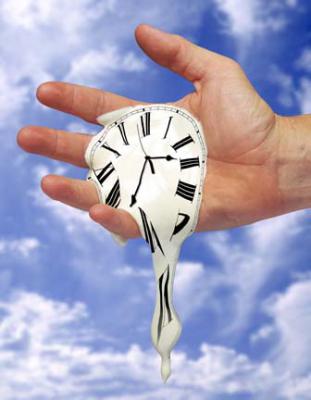Serendip is an independent site partnering with faculty at multiple colleges and universities around the world. Happy exploring!
Reply to comment
Remote Ready Biology Learning Activities

Remote Ready Biology Learning Activities has 50 remote-ready activities, which work for either your classroom or remote teaching.
Narrative is determined not by a desire to narrate but by a desire to exchange. (Roland Barthes, S/Z)
What's New? Subscribe to Serendip Studio
Recent Group Comments
-
alesnick
-
Richard L Stover (guest)
-
alesnick
-
Anne Dalke
-
alesnick
-
Paul Grobstein
-
Paul Grobstein
-
Paul Grobstein
-
alesnick
-
bolshin
Recent Group Posts
A Random Walk
Play Chance in Life and the World for a new perspective on randomness and order.
New Topics
-
11 weeks 14 hours ago
-
11 weeks 1 day ago
-
11 weeks 4 days ago
-
11 weeks 4 days ago
-
11 weeks 4 days ago


Hurry up, please: it's Time! OR. NOT.
I was VERY SAD @ the beginning of our conversation yesterday that so few of us were able to make it ...
... and then SO ENCOURAGED, by the end of it, by how "far" we had gone. So am having second thoughts, first, about #s being a sign of success ... perhaps, sometimes, a smaller group can make more "progress," because it is led off in fewer tangents ...?
What turned out, for me, to be the surprisingly energetic center of the conversation was this matter of time: the different ways it might be measured, the different ways it operates in each of our disciplines (not to mention individual brains!), and the unthinkable-to-me-possibility of living in the world without any concept of time @ all (I don't think this is any more possible than doing "object-orientated-ontology" without having a human perspective; nonetheless....).
I was quite struck by Wai Chee's observation that most folks in literary studies do not have the training to think about literature across "deep time" (actually, across time spans of any magnitude), because we are all specialists in a very particular place and time. In a small place like Bryn Mawr, the inability to do this sort of syncretic/synthetic work is particularly limited, because each of our little departments is constructed as a collection of different time-and-place-specific specialists. In aiming for that sort of postage-stamp coverage, we effectively prevent ourselves from thinking more broadly ....
And! yet! Wai Chee also made the counter observation that to "think of anything as 'literature' implies a sequence, a before-and-after" (i.e.: a sense of TIME....): "literature makes no sense in the absence of the measuring tape of time..." So we (literary scholars) really are caught between two warring paradigms ...? To understand this better (and maybe to figure out how better to negotiate that tension), I'd still like to hear lots more about how time "looks/feels/operates" in other disciplines. For example, having heard elsewhere of Hank's contributions to a Kaleidoscope proposal on "Mindfulness," I am eager to hear about the possibility that Buddhist and other meditative practices might be attempts to get out of time (and out of the consciousness in which it is embedded...). And I would like to learn more about Arlo's notion that -- although the times measured by geologists may appear to be "Newtonian" (because measured sequentially) they might actually more accurately and productively be understood as "Einsteinian," since all those "gaps," across such huge time spans, make possible so many "folds"....
I was also struck with what happened when -- building on Paul's insistence that time is a product of consciousness-- Arlo observed that, since literature is "such a sophisticated cognitive category," any form of WRITING is going -- inevitably -- to enmesh us in time. I'm thinking, though, of multiple alternatives: postmodern literary experiments (like those of Mark's favorite, Gertrude Stein) in the continuous present .... and/or Dali-esque images that evoke a sense of timelessness, or @ least of the slipperiness of time ...
